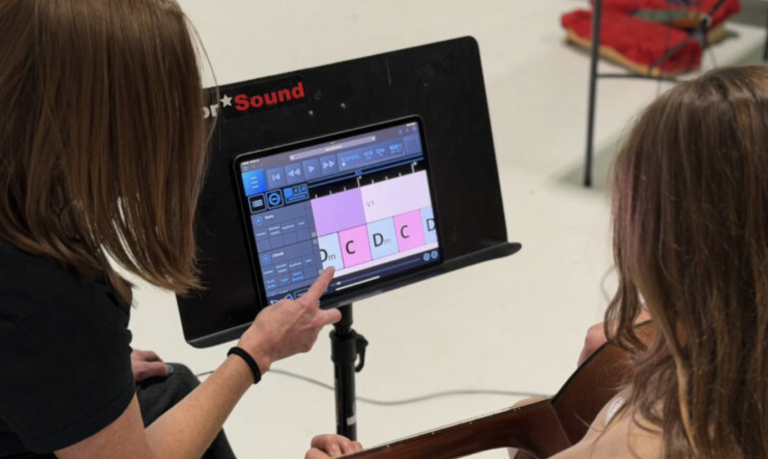
Credit: Suno
Last month, the major labels—who are suing Suno for copyright infringement related to training data—requested permission to introduce a crucial new element: the claim that Suno acquired its training music by stream-ripping audio from YouTube. The labels argue that this act constitutes music piracy, which is a separate statutory prohibition to which the defense of “fair use” does not typically apply. If successful, this move would potentially allow the majors to win the case without having to overcome the legal precedent that often favors the use of copyrighted material for transformative purposes like AI training.
Suno, however, is not yielding. In its filing, the company asserts that the majors’ stream-ripping claim is a “sneaky”attempt to “evade application of the fair use doctrine” precisely because the labels are losing ground on the primary claim. Suno points to a “burgeoning consensus that using copyrighted content to train AI models is perfectly lawful.”
Crucially, Suno argues that the majors’ legal strategy is flawed, resting on an incorrect interpretation of American copyright law. By challenging the legality of the acquisition of the training data, the labels are attempting to create a new, distinct path to liability. Suno’s motion essentially forces the court to decide whether the method by which a company sources its training data is subject to the same fair use principles as the training itself. The outcome of this specific motion could have significant implications for how copyright law is interpreted in the burgeoning field of generative AI.








